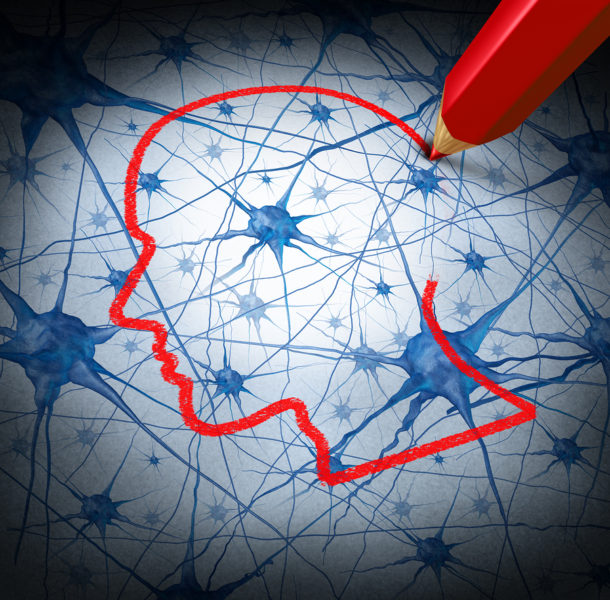By Ronit Molko, Ph.D., BCBA-D
Donald Triplett was born in 1933 to Mary and Beamon Triplett in Forest, Mississippi. At that time, no one had ever identified the behaviors he exhibited as an infant and toddler. The Tripletts understood that their son was encyclopedic in certain areas but emotionally distant and violently opposed to minute changes in his daily routines. A year after institutionalizing Donald on their doctor’s advice, the Tripletts made the monumental decision to bring their four-year-old son back home. It was a decision that changed his life — and put him on the path to helping revolutionize our understanding of autism.
The Tripletts brought their son to renowned child psychiatrist Leo Kanner at Johns Hopkins. Kanner had seen other children with similar symptoms — children mesmerized by things and numbers but disconnected from people. Donald joined Kanner’s study of 11 children with, what he called, “autistic disturbances of affective contact.”
He labeled Donald “Case 1.” Donald Triplett is still autism case 1 today, at the age of 85, a testament to the dual powers of science and love.
The story in between is a remarkable journey of failure and ultimate triumph. Advantaged by a wealthy family and a supportive, tight-knit hometown, Donald has lived a happy life, learning to care for himself in the house in which he grew up. He graduated from high school and college and works at the bank his family owns. He has traveled the world and learned to show interest in others, even if it’s in his own quirky ways.
The road to acceptance and understanding for children with autism has been bumpy and winding. The 30s and 40s were the heyday of eugenics, which called for the sterilization — or worse — of people with mental disabilities and often led to institutionalization. Early researchers, including Kanner, blamed mothers for withholding affection. In the 90s, vaccinations were erroneously linked to autism, sparking widespread fear in parents — a fear that lingers with parents to this day.
Even today, the care and education of individuals on the autism spectrum remains inconsistent and fragmented. People employ methods designed to achieve outcomes that don’t always reflect real-world needs or apply to managing adulthood successfully. Most autism services end at age 18, leaving many adults isolated and unable to participate in society.
The case of Donald Triplett, Case 1, demonstrates that successful integration into society is possible through awareness, accommodation, and acceptance from the community. Of equal importance is an education focused on the skills needed for success in adulthood. It is instructive that Donald was taught to drive, but not until age 27, long after education ends for most people with autism.
Though Donald Triplett may have been the first recognized case of autism, the care and support of his family and his community is strikingly modern — a model for all the children who have followed him.

